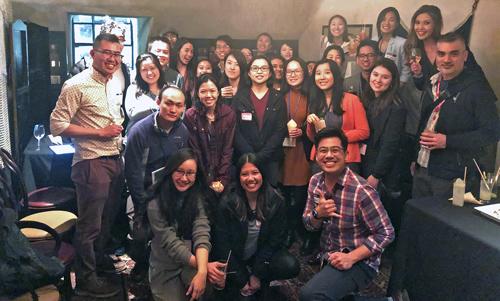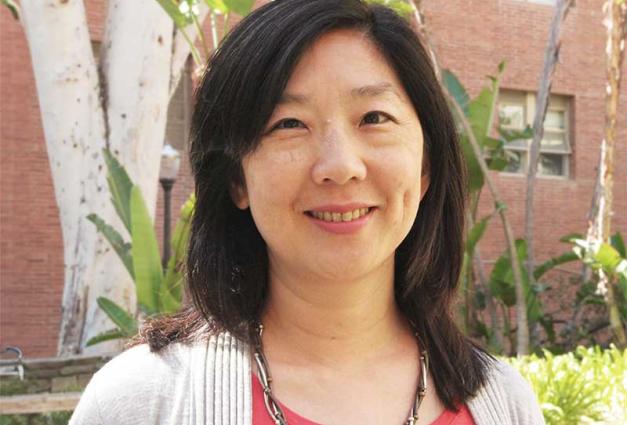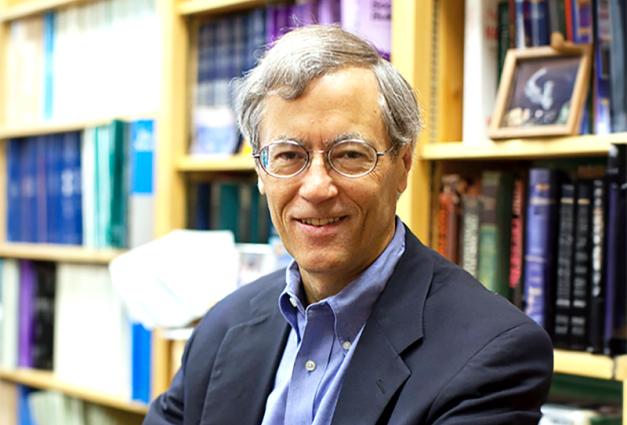When I was 10, my parents traded our lives under the tropical Malaysian sun for the promises of the American Dream. I barely spoke English then, but my parents knew that by immigrating here, I would be able to receive the education that they never had growing up. I attended SPSP 2020 in New Orleans as a newly minted assistant professor at Colby College, a dream job that neither my parents nor I thought would be possible 20 years ago when we first landed in LAX.
Throughout the convention, I spent my time thinking about who gets to present, who has a seat in the audience, and what my colleagues and I can do to increase representation and inclusiveness. It was in this spirit that Vivian Ta, Fred Duong, and I hosted the first gathering of Southeast Asian Social and Personality Psychologists (SEASAPP) on the first night of SPSP 2020. The approximately 40 attendees are from or have heritage from Southeast Asia, with representation from Vietnam, Singapore, Malaysia, Thailand, Laos, and the Philippines.
We were often asked why we created a space for Southeast Asians specifically. Although Asians as a broader category are 14% of SPSP membership (as of 2019), it is important to note that the challenges and needs of Southeast Asians are different than other Asian groups. Southeast Asians are the largest refugee community in the U.S., and many SEASAPPers are refugees or children of refugees (including Fred and Vivian). Many SEASAPPers, including the three of us, are the first in their family to graduate from high schools and colleges. Many have to navigate both college and graduate school on their own. Many have parents who cannot speak English and must act as a translator at a young age. Many are pursuing their college and graduate degrees abroad, thousands of miles away from their families and friends.
For these reasons, we applied for and received the SPSP Community Catalyst Grant to host a social event for SEASAPP. We wanted a space for other SEASAPPers to share their experiences and connect with one another. We were inspired by the stories we heard and the new connections that were forged. As one attendee said, “it was a great opportunity to be able to chat with other psychologists who look like me, share my background, and relate to my experience… a unique social environment for researchers of all career stages to connect.” This sentiment was echoed by other attendees, many of whom didn’t know that such a space was sorely missing in their academic career. SEASAPP hopes to provide a new refuge for many who often feel unseen or like they don’t belong in the field. Southeast Asians are underrepresented in higher education and as educators, and we hope that SEASAPP can become a catalyst for change.

After the event, we created a Slack channel to facilitate collaborations and discussions of various topics (e.g., teaching, research, parenting, memes). We use Slack to increase a greater sense of belonging and celebrate one another’s accomplishments. In the near future, we are planning on setting up a mentorship program between faculty and early career researchers (e.g., grad students, postdocs) as well as between grad students and undergraduates. Through this mentoring program, we aim to fix a leaky pipeline and increase participation and retention in our field. We are thankful to have the support from SPSP to host our inaugural event, and we hope SEASAPP will become a yearly social gathering with a growing community.
If you are interested in learning more or joining SEASAPP, please contact us at:
- Fred Duong (PhD student at Northeastern University): [email protected]
- Jin X. Goh (assistant professor at Colby College): [email protected]
- Vivian Ta (assistant professor at Lake Forest College): [email protected]
Have an idea for an event like the SEASAPP meetup in New Orleans? SPSP's Community Catalyst Grant Program accepts applications annually (deadline: June 1).




